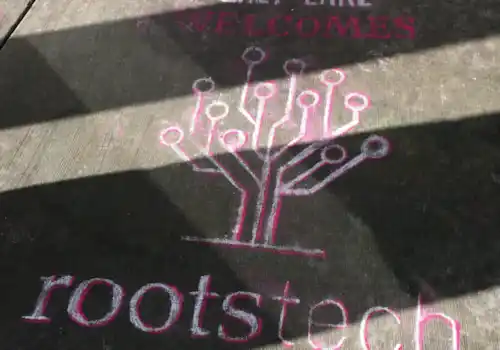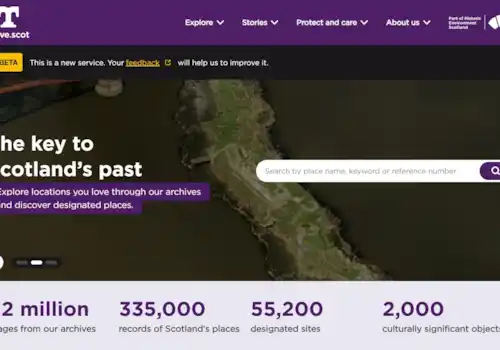14 May 2019
|
The Civil Partnerships, Marriages and Deaths (Registration etc) Bill is due to be signed into law on 26 May 2019. We explain the changes.
The Civil Partnerships, Marriages and Deaths (Registration etc) Bill is due to be signed into law on 26 May 2019. We explain the changes.
The Act received Royal Assent on 26 March 2019, having completed all its parliamentary stages. It becomes the Civil Partnerships, Marriages and Deaths (Registration etc) Act 2019, and comes into force on 26 May 2019.
The new Act will:
- enable the Government to change the law so that opposite-sex couples can form a civil partnership
- reform how marriages are registered, and register the names of the mother of each party in a marriage or civil partnership
- require the Secretary of State to report on whether the law should be changed to allow the registration of pregnancy losses which cannot be registered as still-births under the Births and Deaths Registration Act 1953
- report on giving coroners powers to investigate stillborn deaths
What does this mean for family historians?
The form and content of English and Welsh marriage certificates has remained unaltered until the passing of the Civil Partnerships, Marriages and Deaths (Registration etc) Act 2019. This Act requires the name and occupation of the mother of each party in a marriage or civil partnership to be recorded, in addition to that of the father.
So from now on, when looking at a marriage certificate for a marriage that took place after this date, you'll be able to trace not only the father of the bride and groom, but also the mother.
To learn more about using marriage records in family history, read July Family Tree magazine's Family Tree Academy article.








